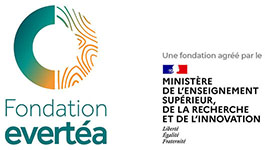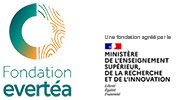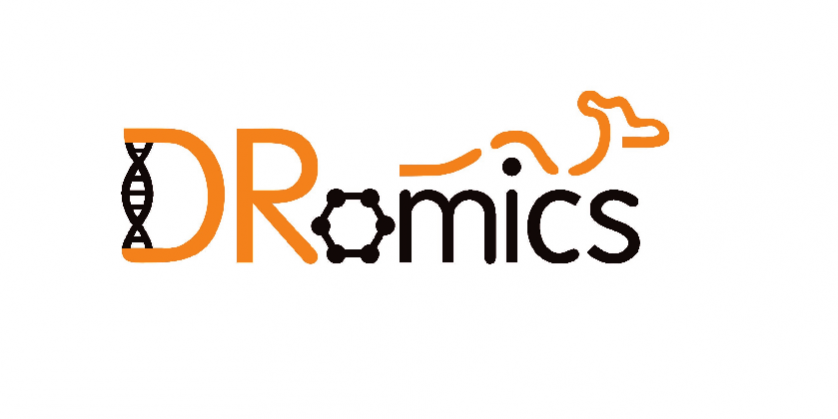DRomics tool training course : Management of molecular data obtained in a dose-response framework
Objectives of the training course
- understand the bases of the analysis of omics data and the importance of taking into account the nature of the data (microarray, RNAseq, metabolomics, …)
- understand the bases of dose-response modeling (nonlinear regression, choice of the bestfit model, calculation of a benchmark dose, estimation of uncertainty , …)
- understand the rationale behind each workflow step to optimize the parameter setting
- learn how to use the DRomics tool (online application and R package for participants with good skills in R)
- explore the outputs of the tool and exchange about their use in downstream analysis
When ?
08/12/2020
9:00-12:30
Where ?
Videoconference
Publics
Professionals / Scientists / PhD Students etc…
Training course content
Omics methods are increasingly used, especially in ecotoxicology, to explore stressor effects at the molecular scale, to investigate pathway responses or to discover new biomarkers. Applied in a dose response framework, they open new perspectives for mechanistic understanding and risk assessment.
But the specificity and the complexity of their responses require a dedicated workflow to manage properly the data. DRomics is a tool that was recently developed to help anyone who wants to analyze omics data collected through a dose-response design : https://lbbe.univ-lyon1.fr/-Dromics-.html.
It aims to :
• select monotonic and/or biphasic responsive items (e.g. metabolites, transcripts)
• for each selected item, characterize its response by fitting a dose-response curve and
calculating an effect concentration (benchmark dose or concentration)
• and globally visualize the dose-response curves of all selected items corresponding to each group defined for example by functional annotation.
No skills in R are mandatory. The online app can be used without any preliminary installation but it is recommended to R users to install the DRomics package in order to go further in their exploration of the tool. Test datasets will be provided but the participants are also welcomed to use their own data.
Speakers
Floriane Larras, Marie-Laure Delignette-Muller, Elise Billoir and Aurélie Siberchicot
Rate
45€
More information…
For questions about training or registration, please contact Damien Baudiffier, Scientific Program Officer at the evertéa Foundation : d.baudiffier@fondationevertea.org







